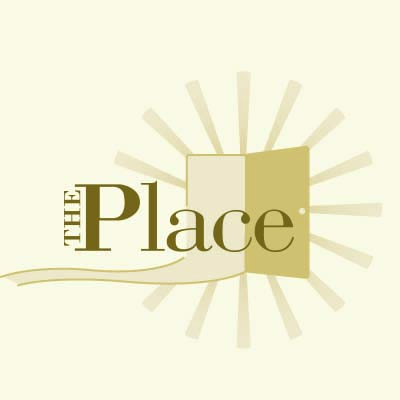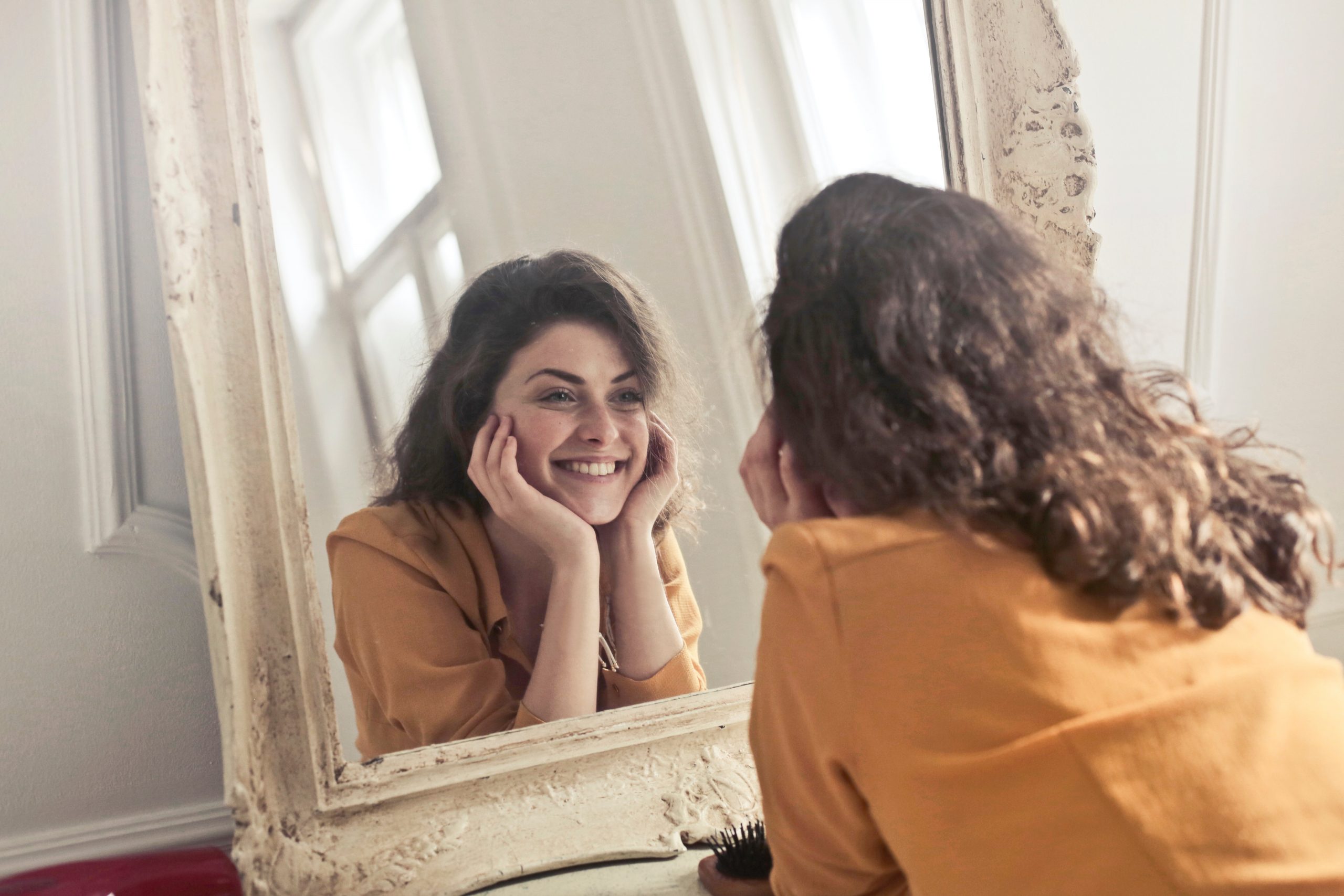“I’ve got the here-comes-Pesach blues!”
Just when you finally recovered from your Purim experience, you’re back on your feet. Once the time clock hits Shushan Purim, it’s constant movement between the cleaning, organizing, planning, cooking, baking, freezing and back to cleaning.
While our external physic seems to be the solitude recipient of the frenzy, we can easily forget our internal and emotional selves. Many, if not most, physical ailments can share similar emotional reactions. The most common example is stress. When our bodies feel physically worn out and tired, it effects our emotional energies and strengths.
Stress has both a positive and negative component. The positive side is the “fight-flight” reaction we possess. In the event that one feels under attack, our body shifts gears to deal with the danger. Adrenaline is immediately released while we choose to fight the danger, or “flight it”. In our fast paced society, we are constantly encountering threats in various forms–be it, a yelling boss, a frustrated spouse, peer pressure from a friend, or feelings of rejection. These common experiences that occur daily have the power to keep us in constant attack mode. As we said, our emotional selves will mirror our outer attack stance.
With Pesach approaching, there will be many daily obstacles to consider. You forgot to buy potato starch again, you waited two hours at the doctor with your son, the kids have no gan, you have 6 kilos of potatoes to peel and bake immediately so they don’t turn brown, or you need to shop for at least one new top for the Chag.
The list of potential stressors is endless and will vary amongst different people with different personalities and temperaments. Not only are we physically worn and stressed, we are emotionally weak and vulnerable. Not a great recipe for a peaceful Pesach experience.
It doesn’t have to be that way! There are ways we can deal with the day to day pressures that will help alleviate our physical and emotional fatigue.
One of the physical reactions to stress and anxiety is muscle tension. A common exercise is called PMR – Progressive Muscle Relaxation. PMR trains the body to recognize physical muscle tension in various muscle groups. Once the tension is identified, the muscle is relaxed which simultaneously relaxes the person emotionally. PMR can be broken into three categorizes:
- The first thing to do when one feels stressed is feel one muscle unit; the hand, arm, neck, or shoulders and consciously tense up that area for approximately 10 second.
- After 10 seconds, the muscle should be immediately released, not gradually.
- Relax for 10-20 seconds before moving on to the next muscle group. Remember the tension sensation, and the contrast to the relaxation feeling.
- When you are finished with all of the muscle groups, count backward from 5 to 1 to bring your focus back to the present.
Next time you feel your body clench, acknowledge it, locate the most cramped muscle unit, strengthen the tension, hold it and then feel yourself relax. Chag Sameach!
About The Place
The Place is where therapists, individuals and the community connect to create safety, strength and success. At The Place, men and women discover the freedom and safety to move past those issues which are preventing them from living life to its fullest. Our goal is to help each of our clients discover his or her own strengths as powerful tools in the healing process.
The Place is a multi-faceted clinic offering both individual and group therapy, support groups, interactive evenings and lectures, educational classes, and drop-in hours. Our comfortable, confidential, relaxed environment allows clients and their families to explore sensitive issues and create positive change. We believe that the key to mental health and emotional well-being is inside you.
At The Place, male and female therapists work independently or as a team to explore sensitive issues and facilitate positive change for individuals, couples and families from all sectors of the community. Some of our specialties include emotional eating, grief counseling, internet addiction, phobias, anxiety & OCD, childhood challenges, premarital counseling, couples therapy and intimacy issues, postpartum support, personality disorders, psychiatric care, and more. Connect with a caring professional in person at our comfortable Jerusalem offices, or by video, phone, and text. We’re here for you.
Contact Us
Email info@theplace.org.il
Phone (02) 581 8299
Whatsapp 054 260 1468
Social Media
Website:
https://theplace.org.il/
Facebook:
www.facebook.com/theplacejerusalem/
Instagram:
www.instagram.com/theplacejerusalem/




